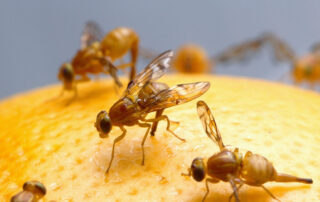CDFA Accepting Public Comments on the Draft Request for Applications for the New Water Efficiency Technical Assistance Program
By Steve Lyle, California Department of Food and Agriculture
The California Department of Food and Agriculture’s (CDFA) Office of Environmental Farming and Innovation (OEFI) is accepting public comments on the draft request for Applications for the Water Efficiency Technical Assistance (WETA) program.
The Budget Act of 2021 allocated $15 million to CDFA to support water efficiency technical assistance to California farmers. Resource Conservation Districts, non-profit organizations, universities, and California and federally recognized tribes will be eligible to receive technical assistance funding. Supported activities will include providing one-on-one, on-site pump and irrigation system evaluations and providing training regarding water efficiency and nutrient management.
“Although we’ve just come through a period of storms and rain, we know that overall California is still in a water deficit from the drought we’ve been experiencing for the last few years,” said CDFA Secretary Karen Ross. “CDFA is excited to offer resources for farmers and ranchers to continue to improve water efficiency for a future that will be hotter and drier with increased evapotranspiration.”
Stakeholders are encouraged to review the Draft Request for Applications for the Water Efficiency Technical Assistance Program and estimated program timeline on the Technical Assistance website and submit comments by February 9, 2023, 5 PM PT to cdfa.oefi@cdfa.ca.gov.













